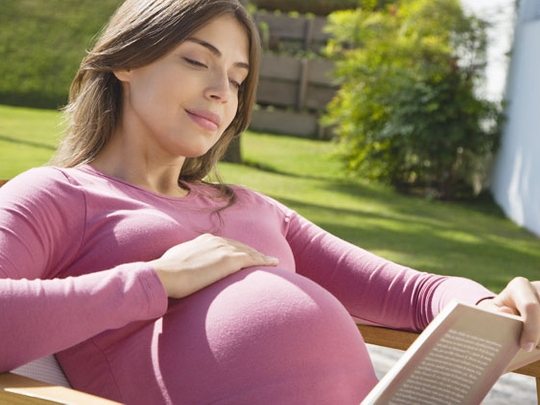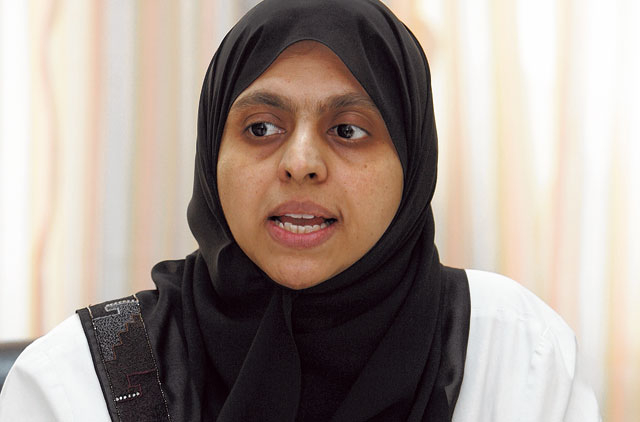
Abu Dhabi/ Dubai: About 1,800 babies are born early every year at one government hospital alone in Dubai.
The number of caesarean births internationally and in the UAE is increasing because of medical reasons, not because women are requesting them, says Dr Muna Abdul Razzaq Tahlaq, head of obstetric department at Al Wasl Hospital.
She does not believe Emirati women prefer an elective [caesarean] because they do not want to suffer the pain of childbirth.
"Very few prefer a C-section," she said. "Most of them want a big family, four or five children. They still believe in the natural way [of giving birth]."
High-risk births
Every year, 6,000 babies are born in Al Wasl Hospital and about 30 per cent of them are born through caesarean section, because the births usually turn ‘high risk.'
A doctor recommends a C-section when normal delivery is not possible, when the baby's head is not positioned down and it is not possible to turn the head. Or when the baby's heart beat slows down and there is a need to get the baby out quickly.
The other reason is when the mother does not dilate fully; the baby is out five or six centimetres, and there is no progress, says the doctor.
Hoever, in the private hospitals many expatriate women request a caesarean because they want the baby on a lucky date such as the Triple 10 — 10 October, 2010, or the New Year or on an auspicious date.
Suits their schedule
Dr Saleema Wani, obstetric and gynaecology consultant at Corniche Hospital in Abu Dhabi, says the number of women requesting a C-section is increasing.
"The main reason is to plan the time of delivery to suit the patient's schedule," she says. The hospital is the largest and oldest maternity hospital in the UAE and has delivered 16,500 babies in the past two years.
About 30 per cent of the births here are also caesarean, mainly due to the high risk nature of the patients' condition.
"The best and safest mode of delivery is a normal delivery as there are fewer complications," she says.
"A C-section is a major surgery with a higher risk of bleeding, injury and damage to other organs, wound infections, and increased risk of deep vein thrombosis," says Dr Wani.
Cost factor
The head of department at Al Wasl Hospital, one of the top government hospitals in Dubai, said it costs Dh12,000 for a caeserean operation and it is Dh 3000 cheaper if the delivery is normal.
Dr Muna said if a woman undergoes a caesarean, chances are that she would want the second birth to also be a C-section. "We do counsel the patient and tell her the risks of a second caesarean if she insists," she said.
Dr Wani says consultants suggest an epidural (a general anaesthetic which knocks one unconscious) if the mothers are afraid of a painful delivery. According to Dr Zofia Kotyra, consultant in anaesthesia and intensive care medicine at Corniche Hospital, women have the option to go through a painless labour and delivery with an epidural.
Epidurals
"We offer epidurals not only to all women who want it, but we also recommend it for certain high-risk pregnancies. It can also be used in case a woman proceeds to have a C-Section without the need for any other anaesthesia," she said.
A C-section may be painless, but after the operation, it can be very painful. There could be complications and the chances of the scar rupturing are high.
"[Babies] usually have a problem breathing and we have to keep them in the ICU for a day or two," says Dr Muna.













